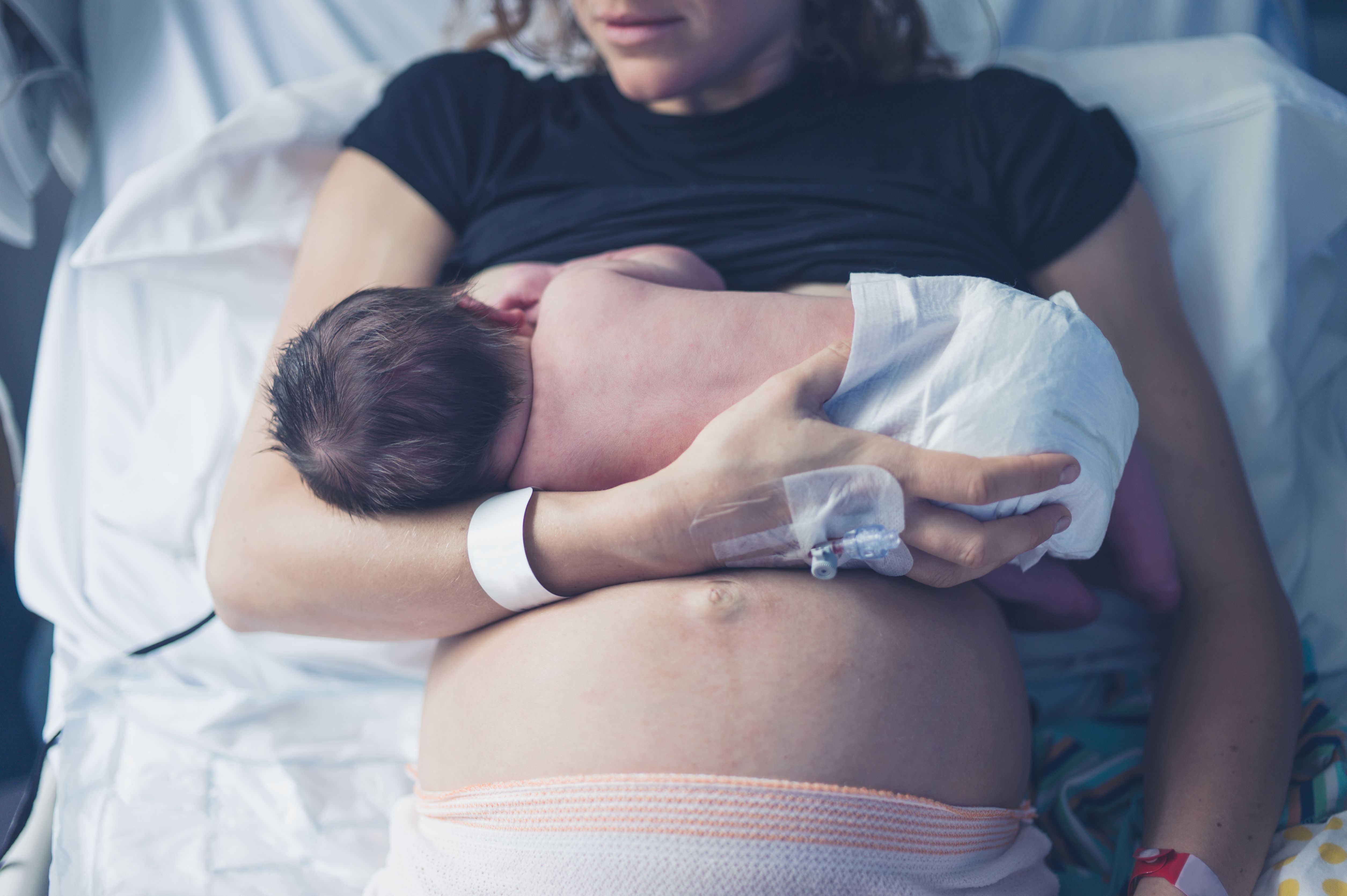Ideal Clinical Pathway Reduces RA Pregnancy Risk
Women with rheumatoid arthritis who adhered to a defined program involving diagnostic, therapeutic, and prenatal care recommendations restored the risk of adverse pregnancy outcomes to that expected in the general population, say researchers recently writing in Arthritis Care & Research.
(©LoloStock,AdodeStock)

Women with rheumatoid arthritis who adhered to a defined program involving diagnostic, therapeutic, and prenatal care recommendations restored the risk of adverse pregnancy outcomes to that expected in the general population, say researchers recently writing in Arthritis Care & Research.
With the improvement in the management of rheumatoid arthritis, patients with severe disease have been able to reach remission more frequently and live normal lives, including starting a family. However, the concept that rheumatoid arthritis spontaneously improves during pregnancy has been challenged as nearly half of pregnant patients with rheumatoid arthritis can have disease flares. It has, therefore, become critical to provide a risk stratification tool and develop uniform management plans to improve favorable pregnancy outcomes among women with rheumatoid arthritis.
“We aimed to assess the effect of optimal management of pregnancy on a composite outcome of miscarriage and complicated birth,” wrote the authors, led by Carlo Alberto Scirè, M.D., Ph.D., of the University of Ferrara in Italy.
Researchers identified diagnostic, therapeutic and prenatal healthcare quality indicators, partly from recommendations developed for other rheumatic diseases, that could be used to provide an ideal pathway for pregnancy outcome in rheumatoid arthritis. The diagnostic indicators included tests completed within 18 months before conception, such as erythrocyte sedimentation rate and/or C-reactive protein levels; antiphospholipid, antinuclear antibody, and anti-Ro/Sjögren's-syndrome-related antigen A (SSA) antibody tests; and x-rays or ultrasound imaging of the hands and feet. Therapeutic indicators included no exposure or adequate washout for the teratogenic drugs methotrexate and leflunomide, and no exposure to biologics. Neonatal indicators included at least one pre-pregnancy rheumatologic evaluation. The ideal clinical pathway consisted of all these measures being met.
A total of 443 patients with rheumatoid arthritis, aged between 18 and 50, and 6,097 matched controls having a first pregnancy were identified from healthcare databases of the Lombardy region in Italy. In rheumatoid arthritis population, patients who followed the ideal pathway had a reduced risk of overall adverse pregnancy outcome, such as complicated birth, delivery with complications, or complications requiring surgical intervention, with an adjusted odds ratio of 0.60 (95% CI 0.39, 0.94), and a reduced risk of miscarriage/perinatal death with an odds ratio of 0.40 (95% CI 0.24, 0.69) compared to those who did not follow the ideal pathway. Compared with the general population, patients with rheumatoid arthritis who met all healthcare quality indicators during pregnancy displayed a risk of adverse pregnancy outcome with an odds ratio of 0.92 (95% CI 0.61, 1.38) and miscarriage/perinatal death with an odds ratio of 0.77 (95% CI 0.47,1.29).
“To our knowledge, this study demonstrates for the first time that adherence to the ideal clinical pathway and especially the modulation of therapy such as discontinuation of contra-indicated medications such as methotrexate and leflunomide is associated with a reduced risk of complicated birth or miscarriage in women with rheumatoid arthritis,” the authors wrote.
“While the concept of preconception counseling and risk stratification, and multidisciplinary management during pregnancy has gained greater importance in rheumatology, “many women struggle to find adequate counseling on reproductive issues to guide them on pregnancy planning, lactation, and early parenting in relation to their chronic condition,” the authors wrote.
REFERENCE
Alessandra Bortoluzzi, Laura Andreoli, Greta Carrara, et al. “Improved pregnancy outcome in patients with Rheumatoid Arthritis who followed an ideal clinical pathway.”Arthritis Care & Research. January 7, 2020. doi:10.1002/acr.24116